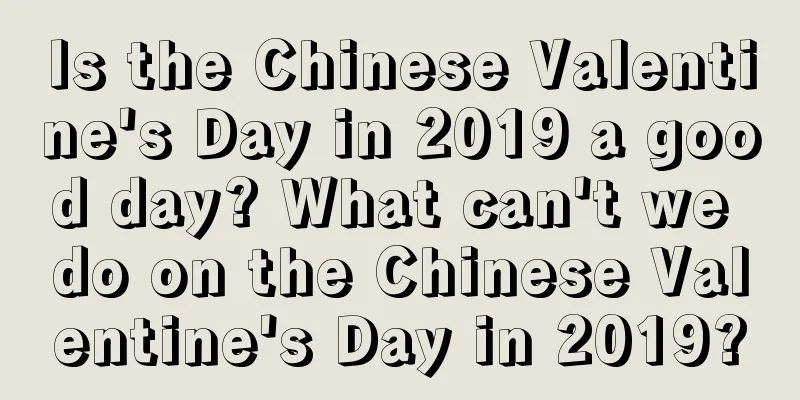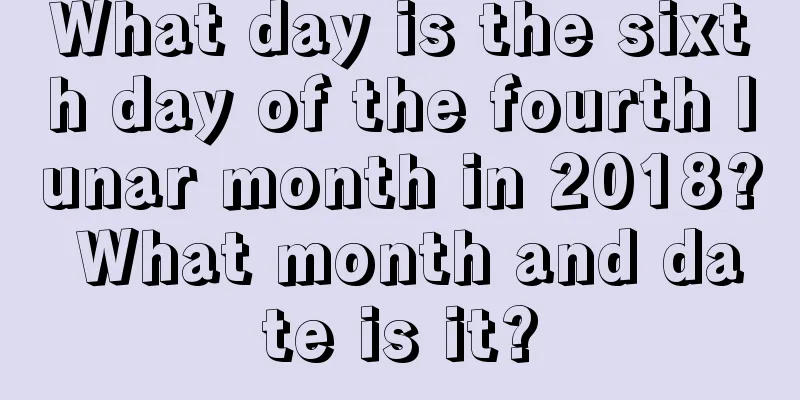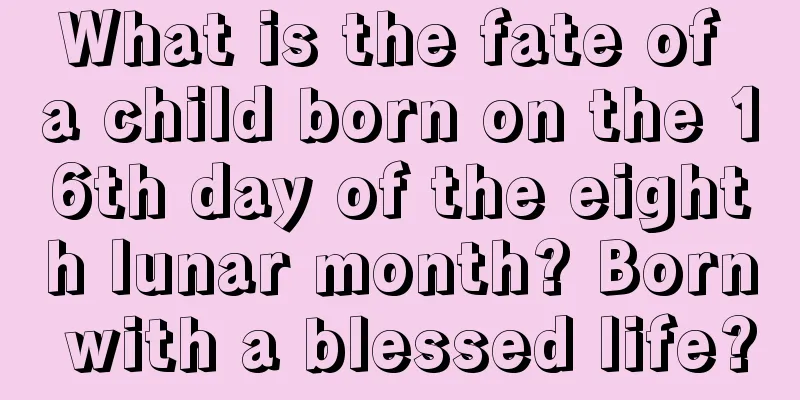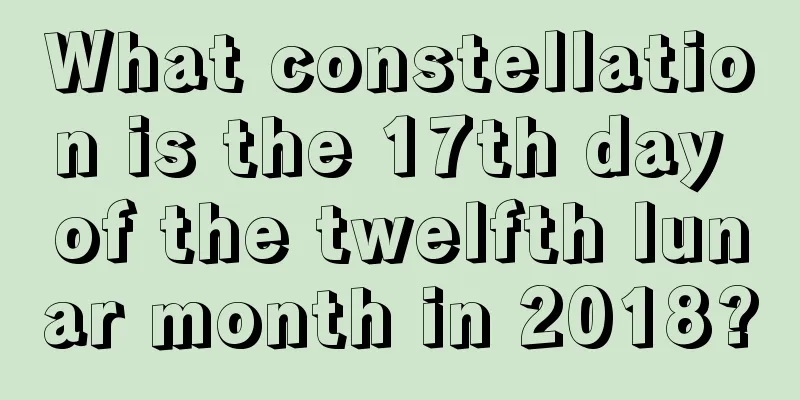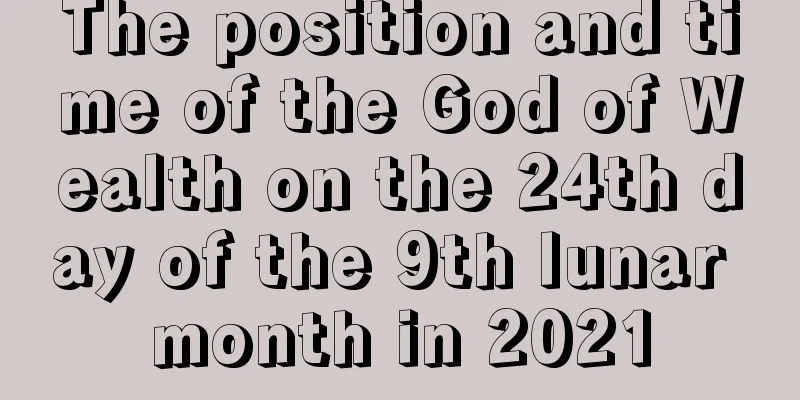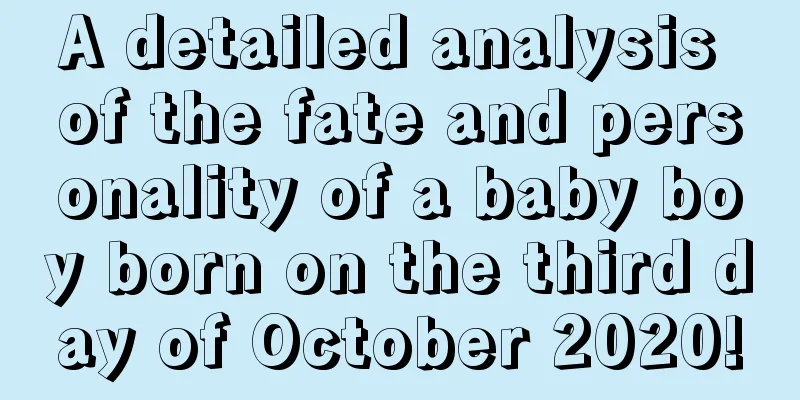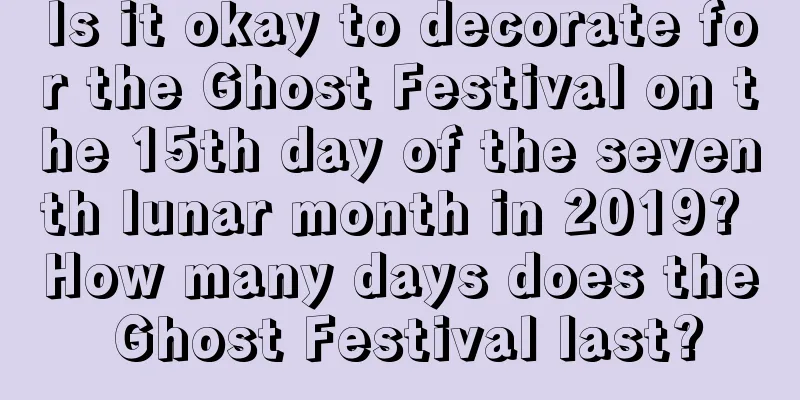What day is New Year’s Day 2019? What is the origin of New Year’s Day?
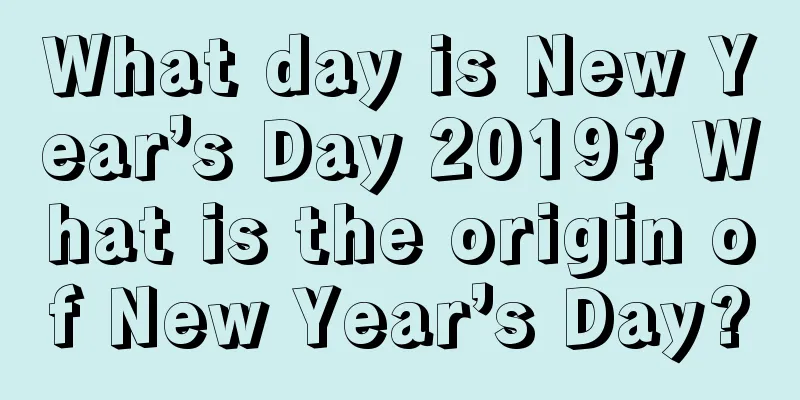
Time flies, 2018 is about to pass, and the arrival of 2019 also means the arrival of New Year's Day. So, what day is New Year's Day 2019? What is the origin of New Year’s Day? Every day has good and bad, auspicious and inauspicious days. If you want to know more about the auspicious and inauspicious days in November of the lunar calendar 2018, please pay attention to the relevant articles about November of the lunar calendar 2018 compiled by Shuimoxiansheng.com!When is New Year's Day 2019?New Year's Day 2019 is on the 26th day of the eleventh lunar month, the year of the pig, the day of the wuxu month, and the Gregorian calendar time is January 1, Tuesday.New Year's Day holiday time: December 29, 2018 (Saturday) Normal working day and December 31, 2018 (Monday) swapped January 2, 2019 (Wednesday) Normal working hours What is the origin of New Year’s Day?The New Year's Day in ancient times is the Spring Festival today. "Yuan" means beginning and "Dan" means morning, so the two words "Yuan Dan" together mean the first morning of the new year. The word New Year's Day was first mentioned in the poem "Jie Ya" by Xiao Ziyun of the Liang Dynasty in the Southern Dynasties: "The four seasons are new on New Year's Day, and the beginning of longevity is today." In the "First Month" Volume 1 of "Dreams of the Southern Song Dynasty" by Wu Zimu, it says: "The first day of the first month is called New Year's Day, commonly known as the New Year. This is the first of the year's festivals." It can be seen that the term New Year's Day has already existed in ancient times, especially in the Song Dynasty, which made it more clear that New Year's Day was the New Year. We now also consider New Year's Day to be the new year, but the difference is that the dates of today's New Year's Day and those in ancient times are completely different. The New Year's Day of the Xia Dynasty was the first day of the first lunar month, the New Year's Day of the Shang Dynasty was the first day of the twelfth lunar month, the New Year's Day of the Zhou Dynasty was the first day of the eleventh lunar month, and the Qin Dynasty established by Qin Shihuang took the first day of October as New Year's Day. It was not until the time of Emperor Wu of Han that the Xia calendar was followed and the first day of the first lunar month was New Year's Day. Since then, the date has not been changed in successive dynasties. It can be seen that although there is New Year's Day in ancient and modern times, this New Year's Day is not the same New Year's Day, because the ancient times used the lunar calendar (Xia calendar), not the new calendar after the establishment of the Republic of China; so the New Year's Day in ancient times is what we call "Spring Festival" today, not the "New Year's Day" on January 1st of the new calendar.New Year's Day of the Republic of China is January 1st of the lunar calendar. Sun Yat-sen is called the Father of the Nation because he launched the Xinhai Revolution and established the Republic of China. After the Revolution of 1911, the Republic of China was established. The Provisional Government of the Republic of China decided to use 1912 as the first year of the Republic of China, changing the initial year to "Yuan", using the Gregorian calendar, with January 1 of the Western calendar as New Year's Day, and the first day of the first lunar month of each year as the Spring Festival. Sun Yat-sen believed that "using the Xia calendar follows the farming season, and following the Western calendar is convenient for statistics." Sun Yat-sen separated New Year's Day and the Spring Festival, firstly to conform to tradition and respect culture, and secondly to take into account the farming season. We all know that China is an agricultural country with farmers making up the vast majority of the country's population. In addition, the 24 solar terms have already existed in ancient China, so the "Xia calendar" can both take care of people's livelihood and maintain the fine traditions of the Chinese nation. The practice of "following the Western calendar" was, firstly, convenient for timekeeping, because many countries at that time had begun to adopt the Gregorian calendar, and the Republic of China used the Gregorian calendar to synchronize with the international community; secondly, it was based on the situation. At that time, China was experiencing a wave of learning from the West, and the calendar naturally had to make corresponding adjustments. The New Year's Day of New China is inherited from the Republic of China. In the summer of 1949, the First Chinese People's Political Consultative Conference was held in Beijing. This conference adopted the Gregorian calendar, which is the international standard, by using the "Gregorian calendar" of the Republic of China period. Therefore, the first day of the first lunar month is the Spring Festival, and the first day of January in the Gregorian calendar is New Year's Day. This calendar has been used to this day without any changes. |
>>: What kind of gift should I give to my elders on New Year’s Day?
Recommend
Is it a good time to renovate in the seventh month of the lunar calendar in 2022? Check the auspicious days for renovation
The seventh lunar month is about to end. Is the 27...
How many days are left until National Day 2021? Countdown to National Day!
There is a seven-day National Day holiday, and man...
Is a child born on the sixth day of the fourth lunar month in 2020 a Taurus? What's your personality like?
In Western astrology, the 12 zodiac signs are syno...
Is July 28, 2020 a good day for worshipping the God of Wealth? Check the lucky position of the God of Wealth on September 15
Introduction: Sacrifice is one of the important ma...
When is the Great Cold in 2020? Analysis of the fate and fortune of people born in Dahan
The Great Cold is the last solar term among the 24...
What zodiac sign does a baby born on the first day of the eighth lunar month in 2018 belong to?
According to the Chinese lunar calendar, August is...
Is the 26th day of the third lunar month in 2018 an auspicious day to start a business? What should you pay attention to when opening a store?
The opening of a new store is a major event in fol...
What is the auspiciousness or inauspiciousness of the lunar May 30th in 2019? Can I burn incense and worship Buddha?
What is the auspiciousness or inauspiciousness of ...
Check the lunar calendar for April 8, 2019. Is it a good day?
April in the lunar calendar has entered summer an...
An introduction to the lunar calendar do’s and don’ts for the 15th day of the lunar year in 2021. What are the taboos for the Lantern Festival?
The do’s and don’ts of the lunar calendar are diff...
Is the Spring Equinox of 2021 an auspicious day? What can’t we do on the Spring Equinox and what are the taboos?
The Spring Equinox is the fourth solar term in spr...
Rainy season in spring 2017: How to maintain health during the rainy season?
Introduction: Do you know what Rain Water means in...
Is there anything wrong with moving graves after Qingming Festival? Taboos on choosing a date for tomb relocation
Qingming Festival is a traditional Chinese festiva...
The fourth day of the Lunar New Year is “Sheep Day”? Are there any customs?
Introduction: The 2017 Spring Festival of the Year...
What are the do's and don'ts on the fourth day of the eighth lunar month in 2019? What are the taboos on this day?
"Wow, it's not a good day to go out,&quo...
